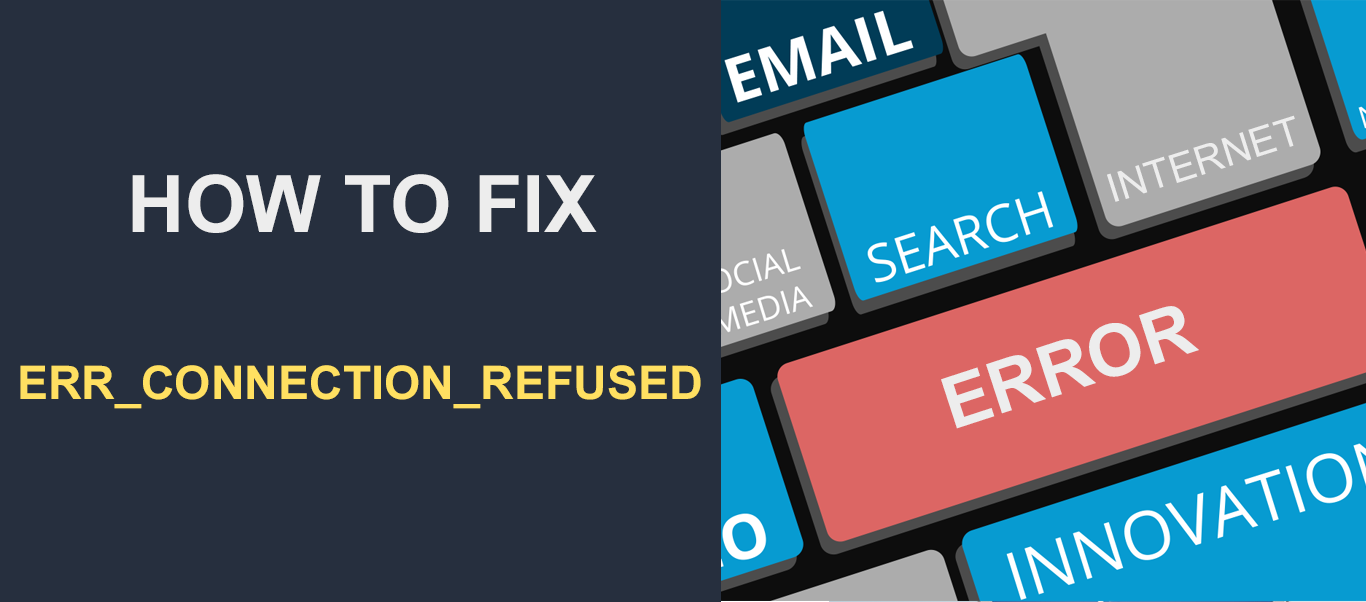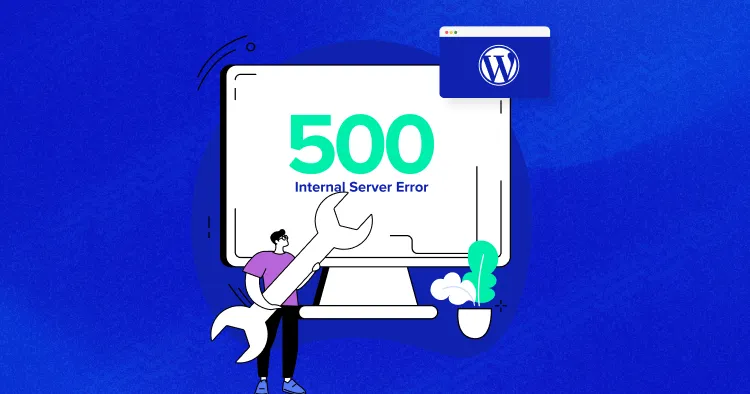Website security is essential for several reasons, regardless of the size or nature of your website.
WordPress powers over 40% of all websites on the internet, making it a prime target for hackers.
Table of Contents
Here are the key reasons why you need website security:
1. Protection of Sensitive Data
- User Information: Websites often handle sensitive user data such as personal information, login credentials, and payment details. Ensuring this data is protected helps prevent identity theft and financial fraud.
- Business Data: For businesses, protecting proprietary information, customer databases, and internal communications is crucial for maintaining operational integrity and competitive advantage.
2. Maintaining User Trust and Confidence
- Reputation Management: A secure website fosters trust among users. If users know their data is protected, they are more likely to engage and transact with your site. A security breach can severely damage a site’s reputation and erode user trust.
- Customer Loyalty: Ensuring continuous security helps build long-term relationships with customers who prefer to interact with secure websites.
3. Preventing Financial Loss
- Direct Financial Impact: Security breaches can lead to direct financial losses due to fraud, ransom payments, and the cost of remediation.
- Revenue Disruption: Security incidents can disrupt business operations, leading to downtime and affecting sales, customer satisfaction, and revenue.
4. Compliance with Legal and Regulatory Requirements
- Data Protection Laws: Compliance with regulations like GDPR, CCPA, and PCI DSS mandates robust website security measures. Non-compliance can result in substantial fines and legal penalties.
- Avoiding Penalties: Meeting these legal requirements helps avoid financial and reputational damage from legal actions.
5. SEO and Search Engine Rankings (website security)
- Search Engine Penalties: Search engines like Google penalize insecure or malware-infected websites, resulting in lower search rankings or delisting from search results.
- Maintaining Traffic: A secure website helps maintain search engine visibility, driving continuous organic traffic and enhancing reach.
6. Prevents Malware and Attacks
- Website Integrity: Security measures prevent malware from infecting your site, which can damage files, steal data, and use the website to spread malware to visitors.
- Attack Mitigation: Protection against cyber-attacks such as DDoS, SQL injection, and cross-site scripting (XSS) ensures the site’s functionality and user experience remain intact.
7. Unauthorized Access Protection
- Access Control: Effective security measures prevent unauthorized individuals from accessing and manipulating website content, databases, and user accounts.
- Content Protection: Ensures the integrity and reliability of the website content by preventing unauthorized alterations.
8. Ensuring Business Continuity
- Operational Stability: Security measures ensure that the website remains operational and available, preventing disruptions that can affect both user experience and business operations.
- Disaster Recovery: Regular backups and robust security protocols help in quick recovery from incidents, minimizing downtime and ensuring business continuity.
9. Preventing Spam and Phishing
- Comment Spam: Security plugins help prevent spam comments that can clutter the site and potentially lead to blacklisting by search engines.
- Phishing: Strong security measures prevent the site from being used as a phishing platform, which can compromise user trust and lead to legal issues.
Conclusion
Website security is not just an option but a necessity in today’s digital landscape. Cyber threats are constantly evolving, and without adequate security measures, your website is vulnerable to a wide range of attacks. Investing in robust website security helps protect sensitive data, maintain user trust, prevent financial losses, comply with legal requirements, and ensure the continuous operation of your site. Whether you are running a personal blog, an e-commerce site, or a corporate website, ensuring its security is crucial for its success and longevity.




